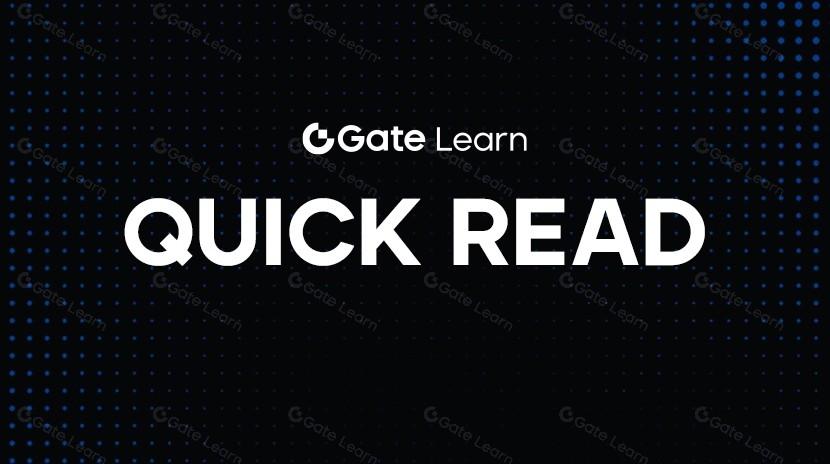What Is CROSS? A Web3 Protocol Redefining Game Asset Ownership

The core issues of the gaming industry
Traditional games rely on centralized servers, and the items, currencies, characters, and other assets that players spend time and money on in the game do not actually belong to the players, but are owned by the developers. Once the game shuts down, accounts are banned, or servers malfunction, these assets can vanish into thin air. In addition, trading game items between players is often restricted, and there is a lack of legalized trading platforms, leading to significant value waste.
How CROSS empowers players
CROSS utilizes blockchain technology to mint exclusive tokens for every game asset, including fungible tokens (such as in-game currencies) and non-fungible tokens (such as rare equipment, character skins, etc.). These assets are owned by the players’ personal wallets and are no longer reliant on game servers. Players can freely trade, transfer across games, and even sell on external markets (such as OpenSea).
Players obtain decentralized ownership of game assets through CROSS, which means they can convert the time invested into truly valuable digital assets. Regardless of whether the game is still operating, the assets can be retained and circulated.
Developers’ low-threshold entry
For developers, CROSS provides a complete set of smart contract templates, SDKs, and API tools, allowing easy implementation of asset on-chain and transaction function integration without the need to master blockchain technology. It supports multiple token standards such as BEP-20, BEP-721, and BEP-1155, and is compatible with various game types.
In addition, CROSS offers multi-chain compatibility and a Gas payment mechanism (for example, game developers can bear transaction fees for players), significantly lowering the usage threshold for players and developers, and promoting the popularity of blockchain games.
The technical advantages and cross-chain capabilities of CROSS
CROSS builds its own EVM-compatible Layer 1 blockchain with a high-performance consensus mechanism (processing over 5000 transactions per second), supporting the rapid migration of Ethereum smart contracts. At the same time, it enables bidirectional asset transfer through cross-chain bridges with mainstream networks like BNB Smart Chain.
CROSS also adopts a dynamic Gas fee model, state snapshot validation (checkpoint mechanism), multi-factor authentication, and other security measures to ensure asset security and a smooth experience during the game.
The value support of the $CROSS token
$CROSS is the core functional token of the platform, primarily used for paying network fees, participating in game interactions, and deploying contracts by developers. Players holding $CROSS can enjoy exclusive benefits such as airdrops, whitelists, and NFT lotteries, while developers must also hold tokens to access full-featured services.
The total supply of this token is 1 billion, with no further issuance, ensuring scarcity and long-term value potential.

Figure:https://www.gate.com/trade/CROSS_USDT
CROSS has been listed on Gate’s spot market, and as of the time of writing, the price is approximately 0.063 USD.
Related Articles
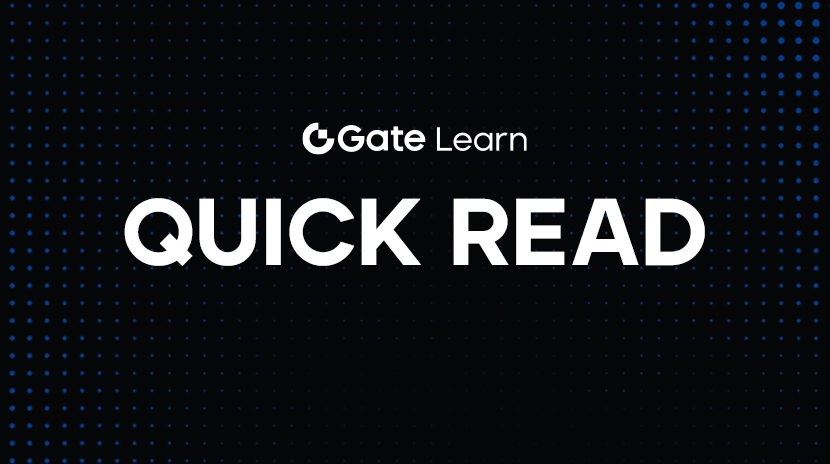
2025 BTC Price Prediction: BTC Trend Forecast Based on Technical and Macroeconomic Data
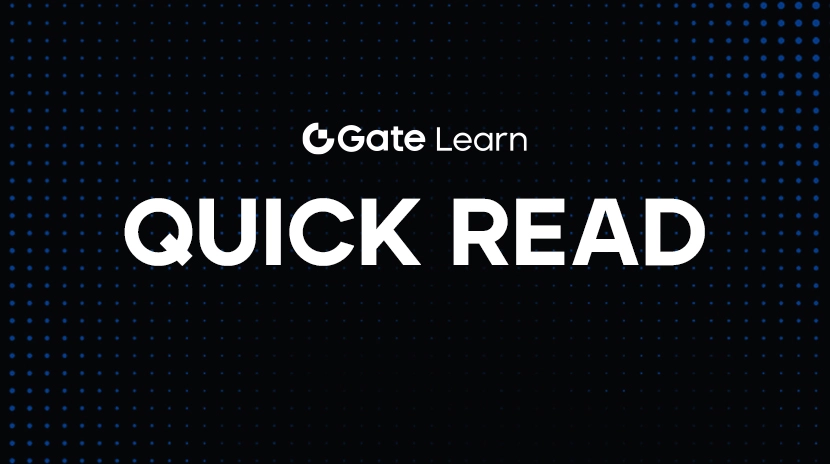
Flare Crypto Explained: What Is Flare Network and Why It Matters in 2025

Pi Coin Transaction Guide: How to Transfer to Gate.com
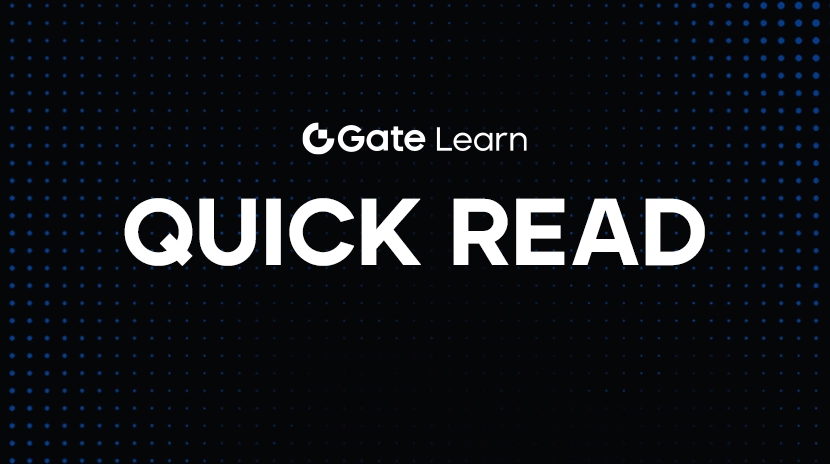
How to Use a Crypto Whale Tracker: Top Tool Recommendation for 2025 to Follow Whale Moves
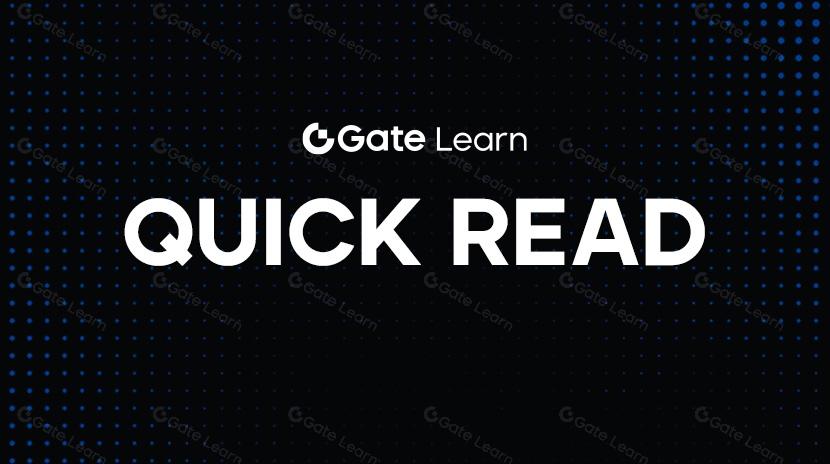
What is N2: An AI-Driven Layer 2 Solution
